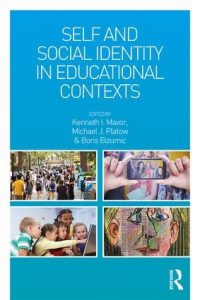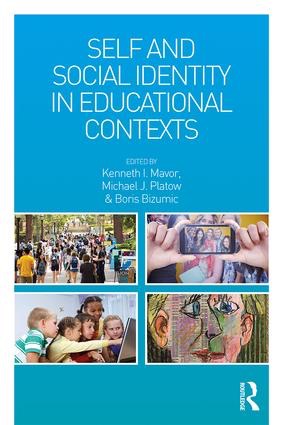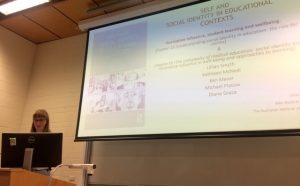 This is a book chapter by Lillian Smyth, Kenneth I. Mavor, Michael J. Platow and Diana M. Grace in our recently published edited book.
This is a book chapter by Lillian Smyth, Kenneth I. Mavor, Michael J. Platow and Diana M. Grace in our recently published edited book.
In this chapter we explore the recent work by ourselves and also Bliuc and colleagues, examining the relationship between discipline-based social identity and approached to learning (deep or surface). In particular we emphasise the role of peer norms. We consistently find that where peer norms support a deep learning approach, those who identify more highly with the discipline also report more of a deep-learning approach. Our broad argument is that deep learning is particularly likely to be associated with both identity and norms processes because deep learning is about professional identity formation. By contrast, surface learning is usually not predicted by level of identification with the discipline although it can still be influenced by peer norms.
The chapter reflects on the work we have done over several years now on this topic and some of the research is reported more formally in our various papers already published. For more information on these see the entries for these papers by Platow et al. (2013); Smyth et al. (2015), and Smyth et al. (2017). See also the main entry for the book here.

